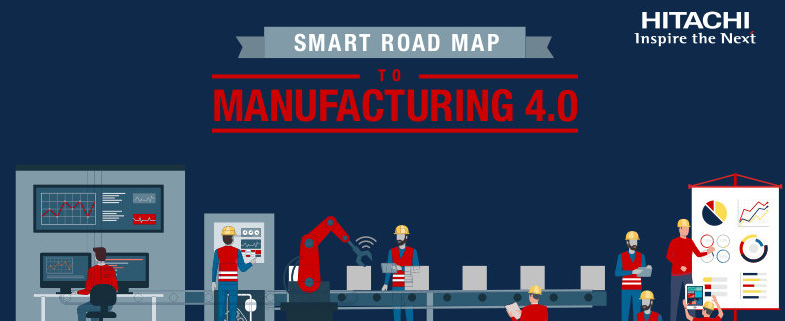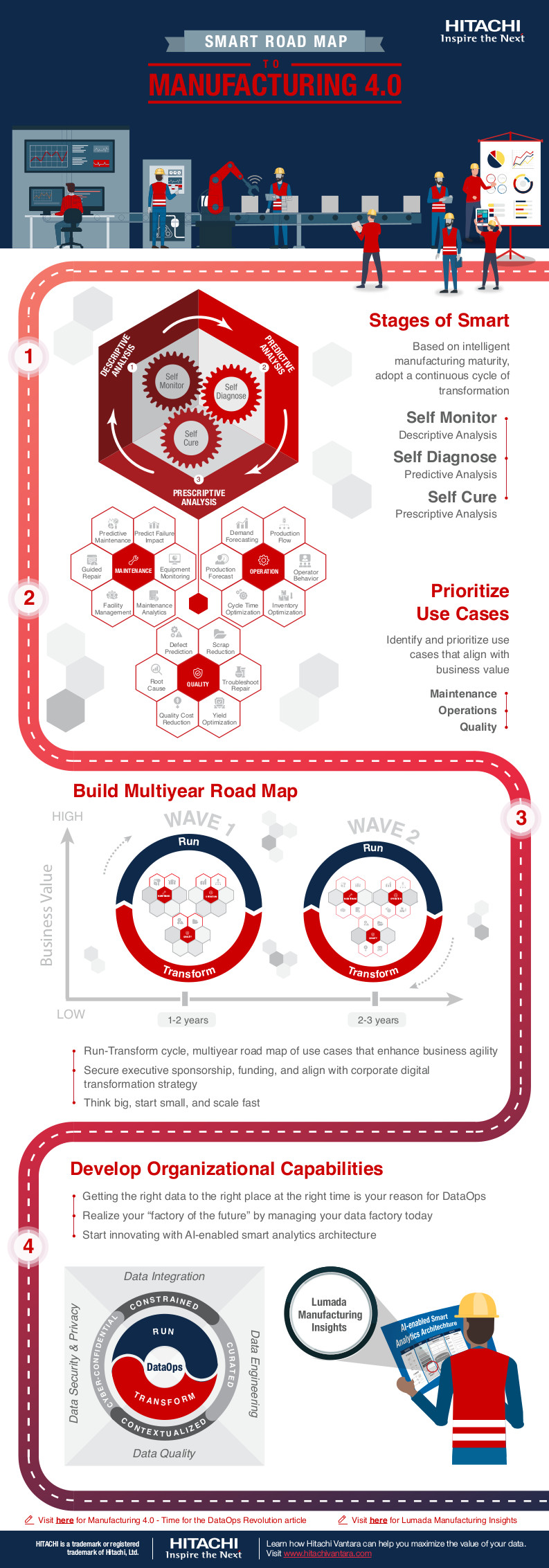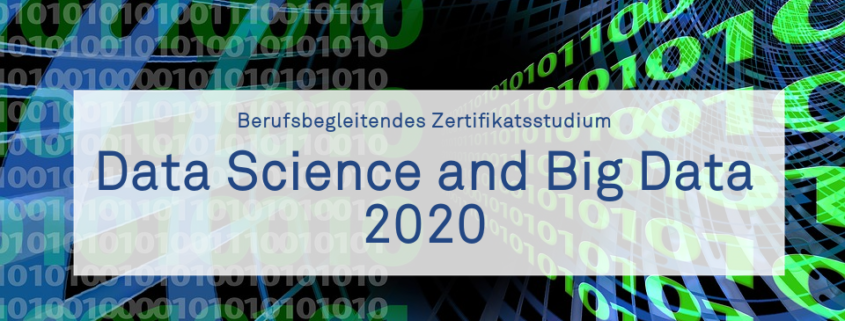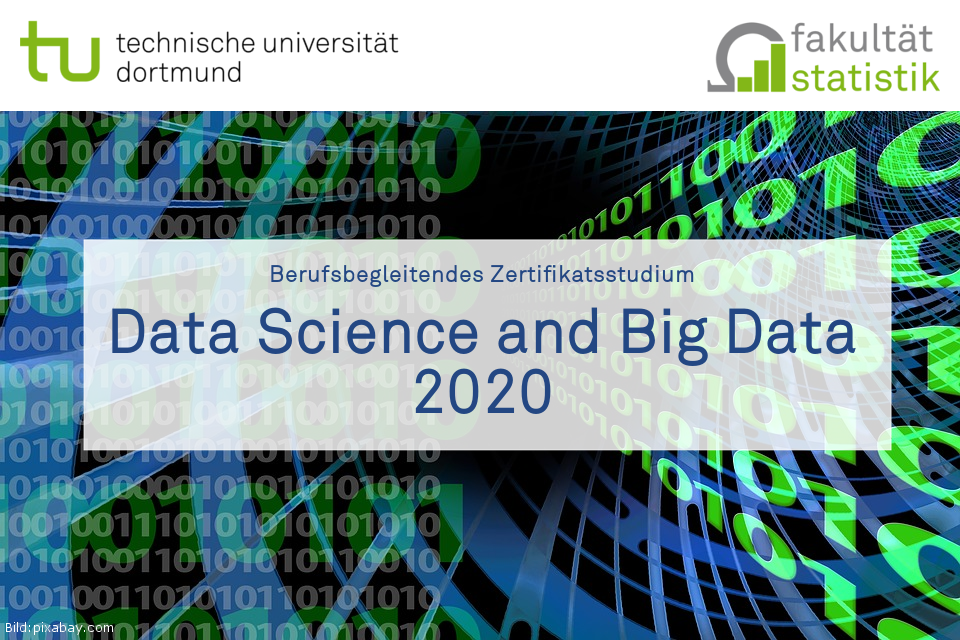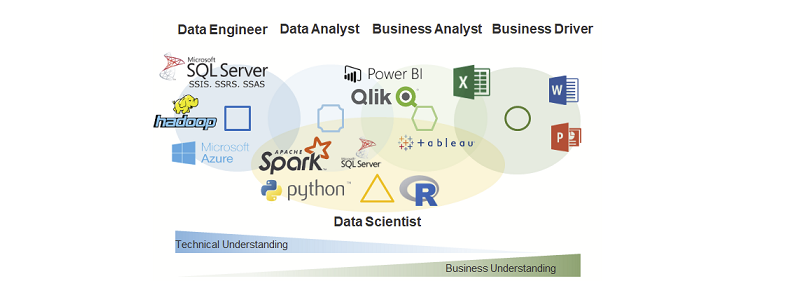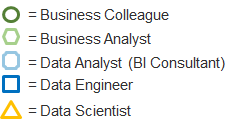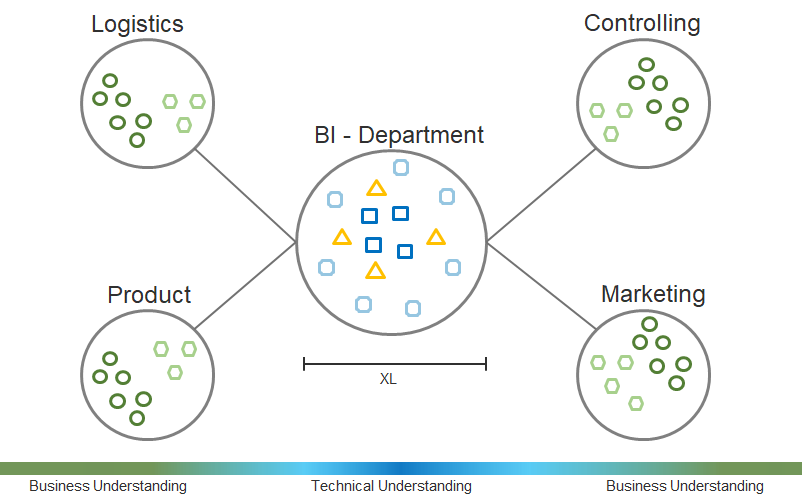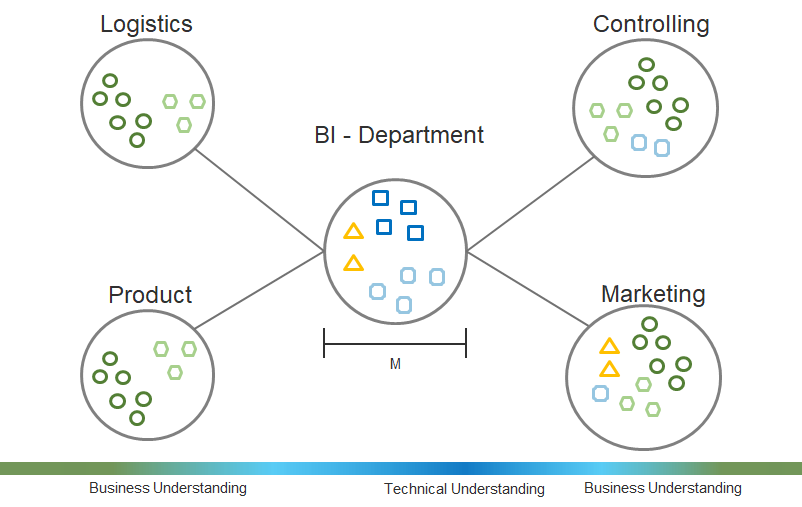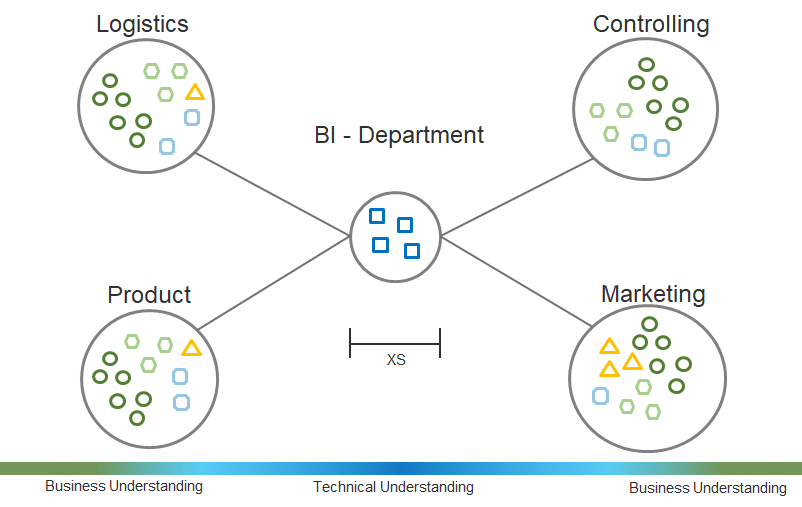Essential Tips To Know In Order To Get Hired As A Data Scientist
In today’s day and age, information is a significant asset of any company. Thanks to technology, companies receive loads of data on a daily basis. It takes time and skill to filter out and sift through all the information in order to determine which areas are useful for the company. This is where your job as a data scientist, also referred to as a data analyst, comes in.
If you’ve long been wanting to work as a data scientist, here are some tips you can follow:
- Know What A Data Scientist Really Does
When you wish to be hired as a data scientist, you have to know what the job entails. More than just the job title, you also have to be aware of the day-to-day operations in the workplace. Because data is overflowing, it’s the job of a data scientist to analyze data and use their technical skills to solve problems relating to the data presented. When there aren’t any problems found, they also strive to find possible problems.
As a data scientist, you get to enjoy numerous specializations in your job. Xcede data scientist jobs, for instance, have other responsibilities that can include working as a mathematician, and even as statistics and economics experts. To be hired as a data scientist, you must first be familiar with the ins and outs of the job.
- Know The Basic Qualifications
Before you even apply for entry-level data scientist jobs, you also have to be aware of its basic qualifications. If you’ve completed a bachelor’s degree or even a master’s degree in data science or data analysis, then you’re a likely candidate for the job.
But if you don’t have this degree, don’t be dismayed. There are still related courses that can land you the job. Some of these include having a background in Mathematics, Economics, Finance, and Statistics.
Additional basic academic qualifications that you need in order to be hired as a data scientist include:
- Bachelor’s degree in any of the related fields as mentioned above
- Master’s degree in any of the fields related to data, mathematics, statistics, and economics
- At least one to two years of experience in a related field before fully applying as a data scientist
- Obtain Further Studies And Experience
While information is an asset that’s highly in-demand today, it doesn’t mean that you’re going to land a job right after your first interview. Especially if you’re a fresh graduate, it’s highly advised that you work in a job that’s related to the course you’ve just finished. In most cases, prior experience is needed before you can get a job in data science. For instance, if you’ve graduated from a Mathematics course, work in this field first.
A critical piece of advice you should remember is that the data science industry is a highly competitive one. While you can successfully find entry-level data science jobs, others might be looking for additional qualifications. In this case, grab the opportunity to further your knowledge and studies, whether that’s getting additional certifications, continuing your education to obtain a higher degree, or familiarizing yourself with the different software and skills needed for the job. Moreover, make it a point to attend training programs as well as seminars relating to data science. Doing this will increase your chances of getting hired.
- Know The Basic Skills Needed
More than just your educational attainment, employers are also looking for this basic set of skills:
- Mathematical Capabilities: As a data scientist, you will be facing a lot of data and statistics, but not all of them will be relevant. In their raw form, it’s up to you to process and study the data deeper so these statistics can be arranged and translated into useful information.
- Data Management and Manipulation: This means having basic knowledge on data management software in order to keep up with the times, as well as analyze, arrange, and interpret data in a more efficient and timely manner.
- Programming: This is an integral part of data science. Hence, you must also possess the basic skills involving primary programming languages, such as Java and C++. This is necessary since data analysis tools that require knowledge in computer science and programming will be used to analyze and process the data that you’re presented with. This is where your expertise in programming can come in handy.
Possessing these skills can give you an edge over other applicants, especially if you’re familiar with the software a particular company is using.
Conclusion
Applying as a data scientist or data analyst is not entirely different from when you’re applying to other jobs. It may sound more technical, but the principles are still the same: you need to first understand your job description, responsibilities, and the basic skills and qualifications needed in order to be efficient in the workplace. You can also increase your chances of getting hired by enhancing your credentials and certifications through further studies. Take a masters’ degree, if necessary. These tips, along with patience and determination, can help kickstart your career as a data scientist.


